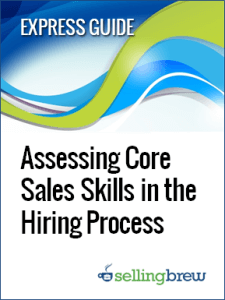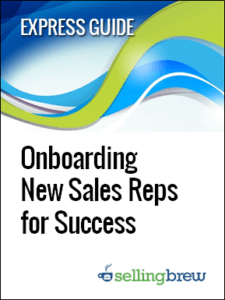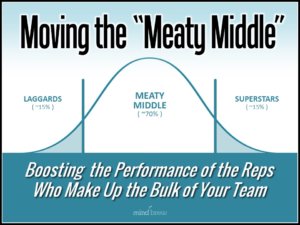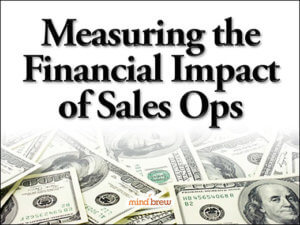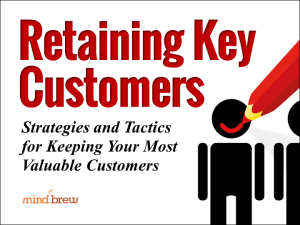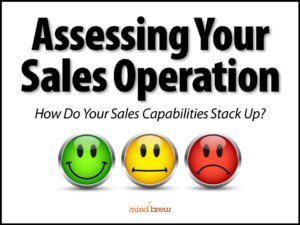Who is the worst salesperson you have ever met?
No, please don’t send us his or her name. We just want you to imagine for a minute what that person’s job interview was like.
Do you think he admitted that he was going to do the bare minimum to get by—and maybe not even that? Do you think she said that she planned to take a two-hour lunch each day and then leave the office by four? Did he tell the interviewer that he expected orders to roll in without him having to do much work? Did she say that she’d been fired from three sales jobs in the past two years for utter incompetence?
Of course not. Otherwise, no one would ever have hired that person.
The truth is that most job interviews aren’t any good at weeding out incompetence. Everyone knows the “right” answers to the expected questions. Whether or not someone can recite those answers on cue is a poor predictor of actual job performance.
If you’re being honest about your own hiring process, you’re probably relying mostly on first impressions and gut instincts—and then you hope for the best.
We probably don’t have to tell you that’s a really bad long-term strategy for team development.
Even if you’ve done a pretty good job so far of avoiding the worst of the worst, you’re probably not getting the caliber of staff you really need. You see, having salespeople who are merely competent is not enough in today’s competitive marketplace. You need salespeople that
- Can spot opportunities to sell, advise, and upsell. . . not salespeople who will just stand by, expecting to take an order
- Build credibility with customers and prospects by making an effort to understand their challenges. . . not salespeople who see themselves as order-takers
- Are aware of competitors and the broader market environment. . . not salespeople who will be blindsided because they aren’t aware of the bigger picture
- Have clear plans for reaching their targets. . . not salespeople who are just rolling the dice each quarter and wishing for the best.
The good news is that SellingBrew has a lot of resources to help you build an extraordinary sales team, no matter what your current situation.
For example, if you are looking to hire, either to replace team members who have left or to expand your team, check out the express guide Assessing Core Sales Skills in the Hiring Process. You don’t have to “go with your gut” when it comes to determining whether candidates will be good at sales; you can use inexpensive assessment tools to determine what skills they actually have and where they might need more training. That can not only help you find the best candidates but also give you the ability to tailor your onboarding process to your new hires’ needs.
Speaking of onboarding, we also have resources to help organizations that have recently hired new team members. Onboarding New Sales Reps for Success explains ten best practices that other B2B firms have used to take their new hires above and beyond the level of competence. It also gives you some common pitfalls to look out for.
And if you haven’t hired anyone recently, and don’t intend to, we also have tools for improving the capabilities of your current staff. The on-demand webinar Moving the “Meaty Middle” offers tried-and-true strategies and tactics for getting average performers to up their game.
There’s really no excuse for having incompetent salespeople on your staff—or for having merely competent salespeople on your staff. With the right approach and techniques, you can train and motivate the sales team to accomplish more than you would ever have hoped.

